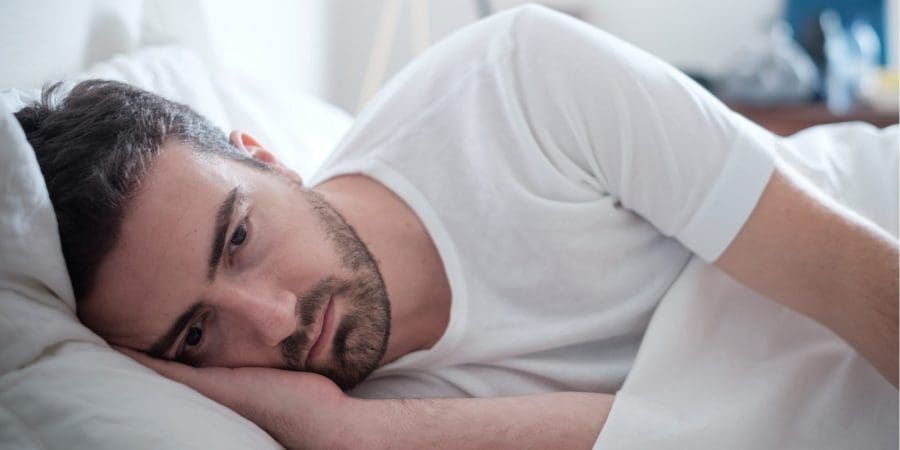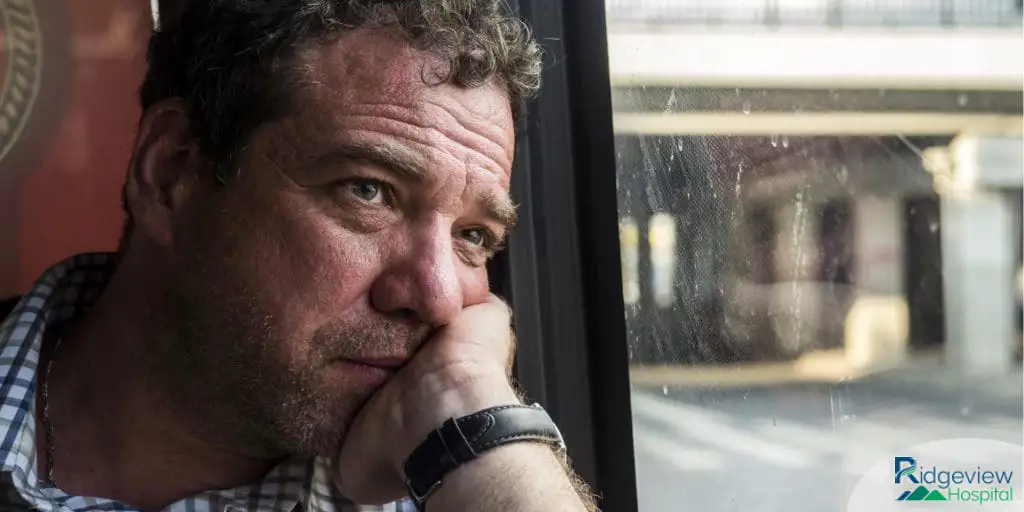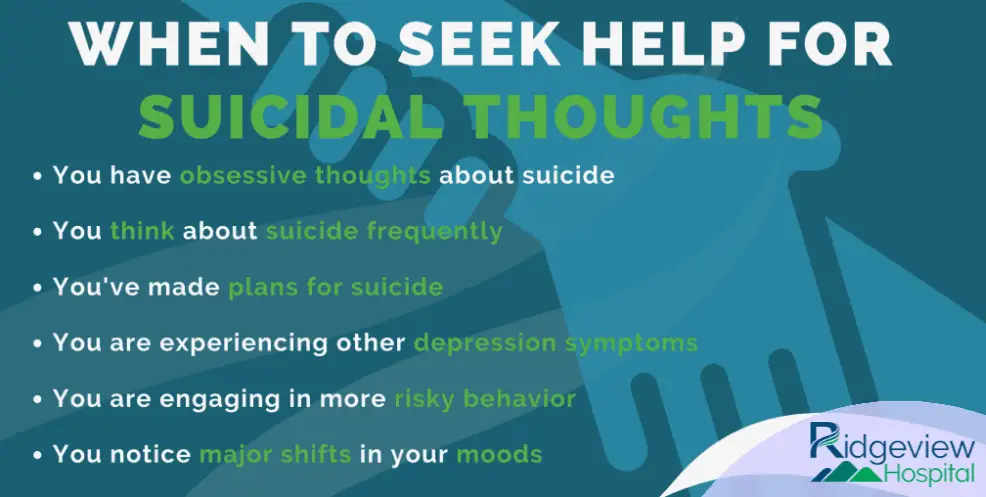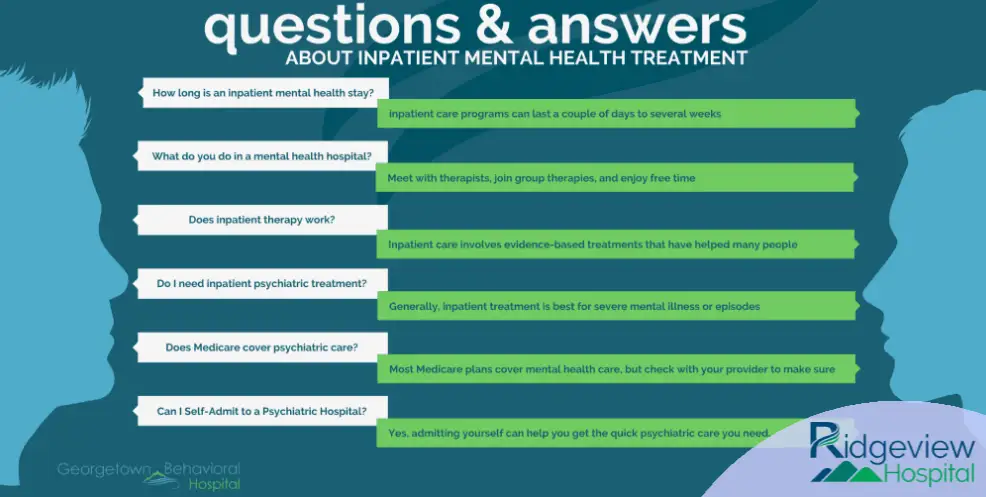What is Depression?
For most of us, feeling depressed is a very normal part of life. Following the loss of a loved one or some of life’s tougher challenges, feeling sad or depressed is all but expected. However, when that sadness becomes intense, includes feelings of hopelessness and worthlessness, and lasts for many days to weeks, it can start to keep you from living your life. This is known as clinical depression.
For someone to be diagnosed with depression, their symptoms must last for more than two weeks and must also represent a change in their previous level of functioning. Depression can lead to a variety of emotional and physical problems, and in serious cases can result in suicidal thoughts or behavior.
While there are many known treatments for depression, there is no cure, which makes getting help especially important. Thankfully, depression is among the most treatable of mental disorders. According to the American Psychiatric Association, between 80% and 90% of people with depression eventually respond well to treatment.
Not all depression is created equal. There are several different kinds of depression, each with its specific causes and symptoms.
Different Kinds of Depression
There are many reasons why people are depressed, many of which stem from loss or a stressful life event. Depression can also take on several different forms, which can make diagnosis difficult. Understanding the differences between different types of depression can help increase your depression awareness, as well as help find the right treatment for you.
Some of the most common types of depression include:
- Major Depressive Disorder: The most common type of depression, which affects about 16.2 million adults in the United States. Major depressive disorder is generally characterized as depression that lasts for at least two weeks during which a person experienced a depressed mood and had a majority of specified symptoms, such as problems with sleep, eating, energy, concentration, or self-worth.
- Persistent Depression: Major depressive disorder that lasts for over two years. Also known as chronic depression, the symptoms of persistent depression can be less intense than major depression, but can still make life difficult.
- Manic Depression: An outdated name for bipolar disorder, manic depression is a type of depressive behavior that consists of alternating periods of feeling very happy and very sad (mania). Typically, to have a bipolar disorder diagnosis, you have to experience an episode of mania that lasts for at least seven days.
- Seasonal Depression: Also known as seasonal affective disorder, this type of depression is a form of major depressive disorder that follows a seasonal pattern. Seasonal depression will typically happen during the winter months.
- Situational Depression: This is a type of depression that closely mirrors major depressive disorder, but is brought about by specific events or situations. These situations can be anything from the death of a loved one to financial or legal troubles.
- Atypical Depression: Atypical depression refers to depression that can be temporarily subdued in response to positive events or situations. Since this type of depression can “come and go,” it can often be difficult to diagnose.
Depression Awareness: Understanding the Signs of Depression

Depression can range from mild to severe and can be brought on by any number of factors. For the most part, symptoms of mild to moderate depression will last for around two to three weeks, and will gradually subside with time. When depression crosses over from moderate to severe, then it typically will become a diagnosable condition such as major depressive disorder or chronic depression.
Having good depression awareness can help stop your mild depression symptoms from becoming severe. It can help you start your path to treatment sooner than later, which is important when dealing with mental illness.
Below are some common signs of depression ranging from mild to severe.
Signs of Mild Depression
Mild depression can last anywhere from a few days to weeks and will be more noticeable than the occasional feelings of sadness. Some mild depression symptoms may include:
- Lack of motivation
- A sudden loss of interest in socializing
- Irritability
- Self-loathing
- Weight changes
- Hopelessness
- Chronic fatigue
- Difficulty concentrating
- Feelings of worthlessness or despair
Signs of Moderate Depression
When symptoms of mild depression continue, they can become moderate. This level of depression can include many of the same symptoms of mild depression, but will often cause some of the following:
- Decreased self-esteem
- Problems with substance abuse
- Excessive sadness and worrying
- Reduced productivity at work
- Low self-worth
- Increased sensitivities
Signs of Serious Depression
Severe depression, typically the point where a diagnosis is had, is classified as having all of the symptoms of mild and moderate depression for longer than two weeks. Episodes of severe depression can last for as long as six months, and will often spread to all areas of your life. Some signs of serious depression can include:
- Suicidal thoughts or behaviors
- Inability to take care of yourself (eating, bathing, or work responsibilities)
- Loss of interest in most activities
- Insomnia
- In severe cases, psychotic symptoms such as hallucinations or delusions
Taking Depression Seriously: Where to Get Help With Depression Near Van Wert, Ohio

At Ridgeview Behavioral Hospital, located just outside Van Wert, Ohio, we understand that taking your depression seriously is the first step to getting help. Although you may feel as though there is no hope, even the most serious cases of depression can be treated. If your depression is accompanied by a substance abuse problem, it’s time to get help.
Nearly one-third of people with major depressive disorder have a co-occurring substance abuse problem, which can make treatment especially difficult. That’s why At Ridgeview Behavioral Hospital, we offer our clients a comprehensive dual diagnosis program. Dual diagnosis care provides you with a space to focus on the underlying causes of addiction and mental health concerns. Oftentimes, trying to treat these issues independently is unsuccessful due to how closely connected they can be. But when you receive comprehensive addiction treatment and mental health care, you can regain control of your life and your mental health.
At Ridgeview Behavioral Hospital, our treatment team is well versed in treating all types of co-occurring depressive disorders, including major depressive disorder. To learn more about how to start your path to depression awareness and recovery, contact us online or call our admissions staff at 614-881-4825. Whether you are struggling with mild depression or serious major depression, you do not have to suffer alone. At Ridgeview Behavioral Hospital, you can begin your path to a healthier life today.
Depression & Addiction FAQ
What are the signs and symptoms of depression?
Common signs of depression include persistent sadness, loss of interest or pleasure in activities, changes in appetite or weight, difficulty sleeping or oversleeping, fatigue, feelings of worthlessness or guilt, difficulty concentrating, and thoughts of death or suicide.
How can depression and addiction be related?
Depression and addiction often co-occur, with individuals experiencing both conditions simultaneously or one leading to the other. Substance abuse can worsen symptoms of depression, and depression can increase the risk of developing a substance use disorder as individuals may turn to drugs or alcohol as a way to self-medicate.
What treatment options are available for depression and addiction?
Treatment for depression and addiction often involves a combination of therapy, medication, and support groups. Therapeutic approaches may include cognitive-behavioral therapy (CBT), dialectical behavior therapy (DBT), medication-assisted treatment (MAT), and support from family and peers.
What steps can I take to support a loved one struggling with depression and addiction?
Supporting a loved one with depression and addiction involves listening without judgment, encouraging them to seek professional help, assisting with practical tasks, providing emotional support, and participating in their treatment plan when appropriate.
How can I prevent relapse after completing treatment for depression and addiction?
To prevent relapse, individuals should continue to engage in aftercare programs, attend therapy sessions, participate in support groups, practice healthy coping mechanisms, avoid triggers, develop a strong support network, and be mindful of their mental health.





















